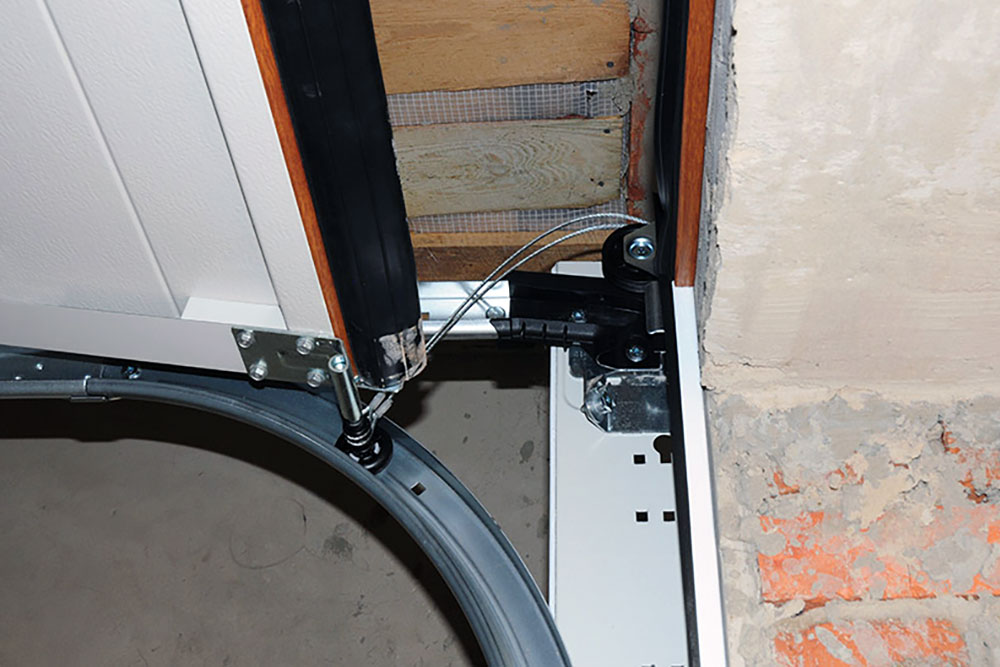
Does R-Value Matter in a Garage Door Installation?
If you are planning to schedule a garage door installation in Long Beach, your considerations should extend beyond just aesthetics. Thermal insulation is among the characteristics of a garage door that can be easy to overlook but can have a very real effect on how you enjoy the space over the long-term and how high or low your energy bills are.
What Is R-Value?
R-value measures how well various surfaces—such as walls, ceilings, windows and garage doors—resist the flow of heat. If the resistance of a garage door is low, the heat will easily flow from or into your garage space in order to normalize the temperature with the outside air.
What R-Value Is Ideal?
This depends on your home and how you intend to use your garage space. Generally, you want an R-value that is comparable to that of the exterior walls, windows and doors of your garage. If you have an unfinished garage, then a low value is not uncommon. Insulated detached garages often have an R-value of at least 10, and insulated attached garages often require 12 or greater.
Can R-Value Be Changed After the Fact?
Yes. However, if you are considering installing a new door, it is generally preferred to determine the R-value you need and target a door that provides it. There may be some cases, such as a decorative door, where the value is inadequate, and you would like to improve it without replacing it. There are panels that can be installed, but this is not cost-effective compared to buying the appropriate door.
How Does Weather Stripping Matter?
Weather stripping is the aspect of your garage doors where R-value is most likely to be compromised. It is for this reason you want to inspect your weather stripping on an annual basis, maintain it as required and replace it as soon as it shows signs of wear.











